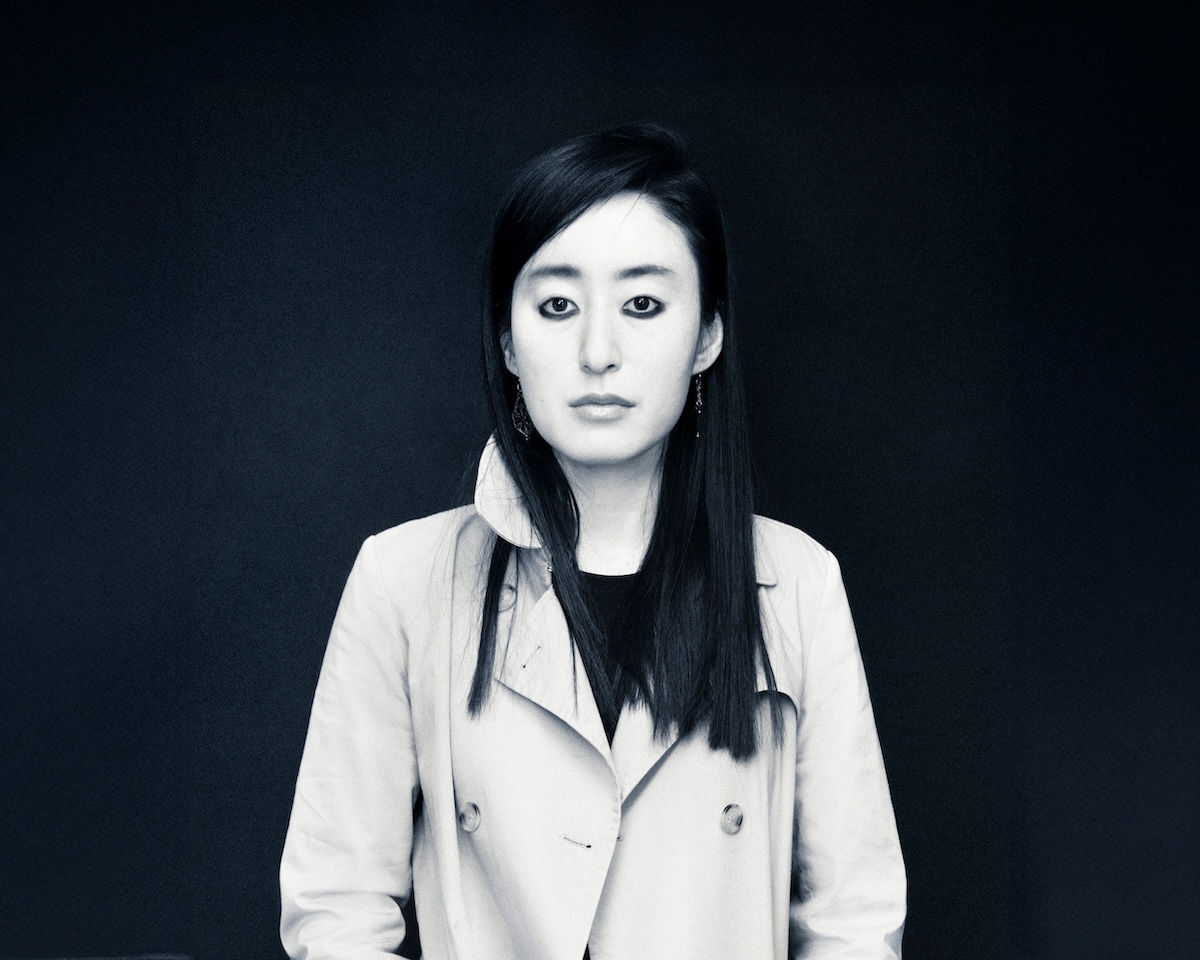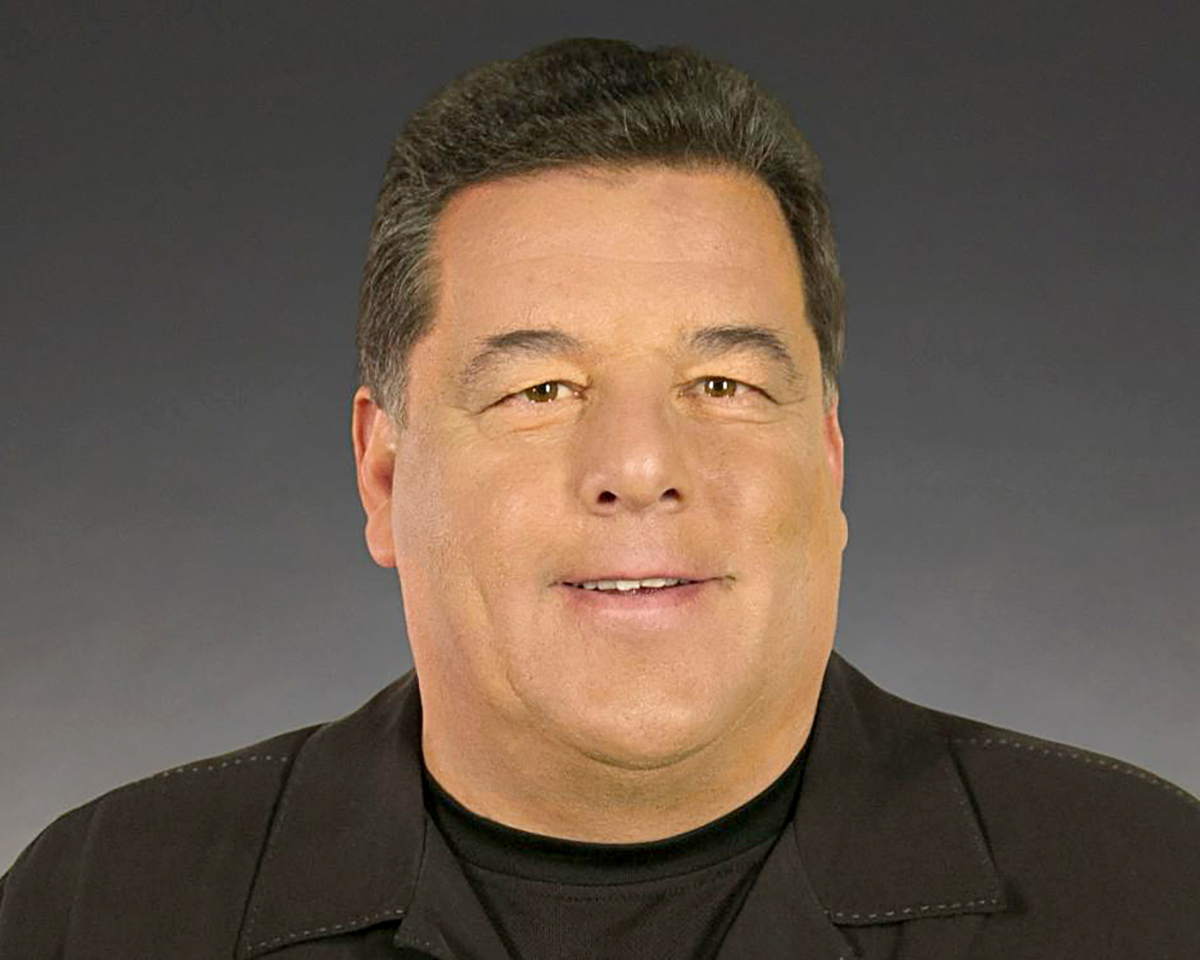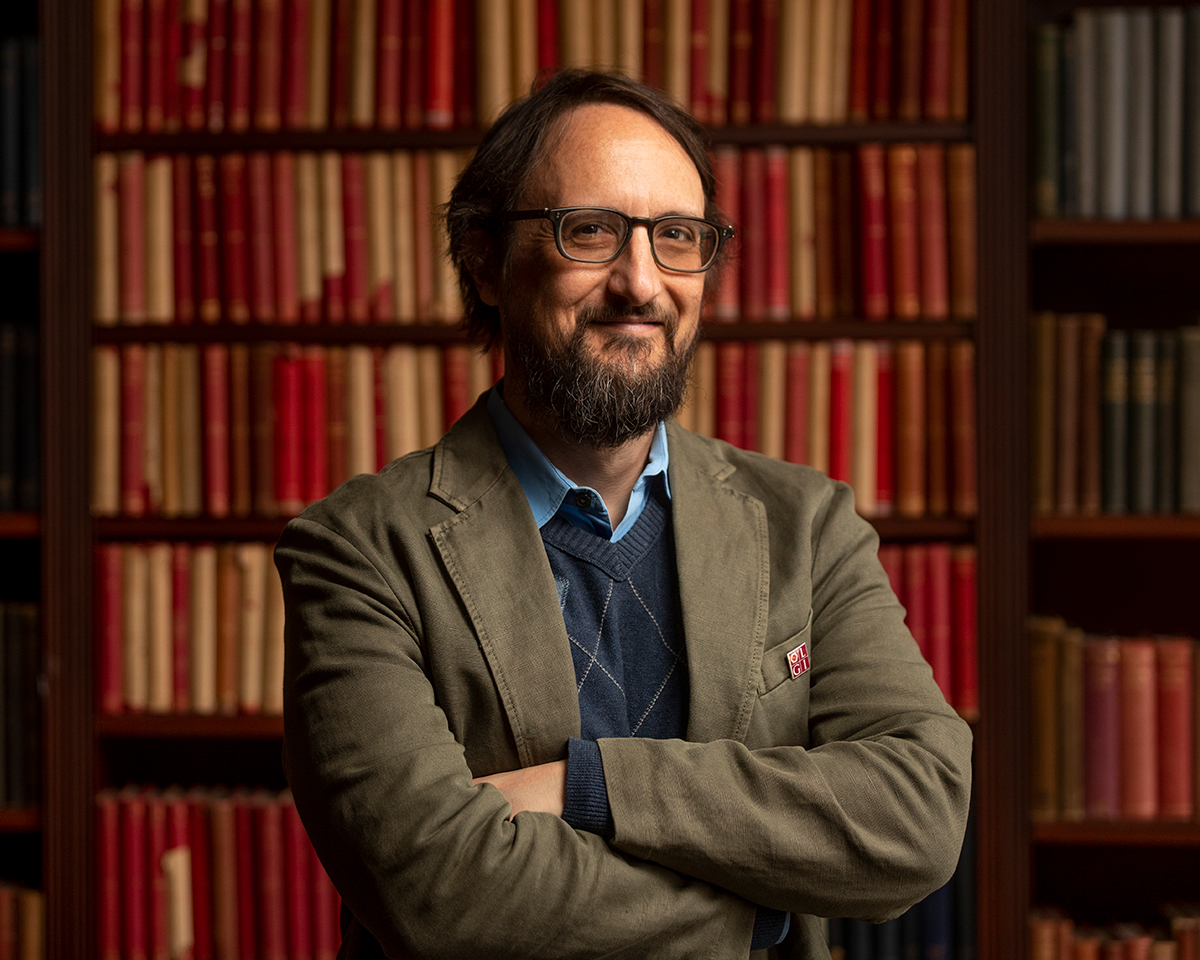It took R.O. (Reese Okyong) Kwon 10 years to write her first book, The Incendiaries (Riverhead Books, 2018). Begun while in the M.F.A. program in creative writing at Brooklyn College, the novel follows a young South Korean–born American woman who becomes drawn into a dangerous cult on her college campus. The debut novel racked up accolades. Out this May, Kwon’s second novel, Exhibit (Riverhead Books, 2024), explores what she says are desires and taboos, the admission of which is risky, given her upbringing. Here, Kwon talks about how a crisis of faith spurred her vocation as a novelist, the oasis that was Brooklyn College, and what she had to overcome to be true to herself and her art.
Tell us about your background.
I was reading all the time, which is not unusual for writers. My parents—they’re Catholic, very religious—didn’t like to leave me with babysitters, so they would take me along to church gatherings on the weekend. I would bring a pile of 10 books at a time. In high school the principal asked a few of us what we wanted to be, and I said, “I want to be a novelist.” But then, when I went to college, I sort of veered away from that because I’m a first-generation Korean immigrant. I was born in Seoul, and I moved here with my parents when I was almost four.
My family had serious money troubles, and I couldn’t picture what it would be like to be an Asian writer, a Korean artist in America. Even just a handful of years ago, there really weren’t that many of us, at least not writers who were publicly visible. That paucity of examples made it even harder for me to imagine what it would look like to be a writer in America. So, I majored in economics.
What did you veer toward?
I was trying to do the practical thing. I was planning to work at the kinds of jobs that would let me buy my parents a house. But when I left college, I was working at a job that I hated, something like 80, 90 hours a week. I was just so miserable. I was only a few months into the job when I was talking to my mother, and it felt like a very cinematic moment in that I was in the grocery store staring at some cans, and I was telling her a little bit about how deeply miserable I was.
She said, “Well, why don’t you go to grad school?” I was staring at a wall of soup cans, and it felt as though the world went from grayscale to color. Grad school would at least buy me two years of cover, during which I could get back to writing. Brooklyn College still had its application period open, and I really wanted to go there in part because one of my teachers in college was friends with the novelist Michael Cunningham, who directed the M.F.A. program at the time. He’s one of my favorite writers.
So you are accepted into the M.F.A. program.
Yes, and for the first time in my life, I was living, breathing, eating fiction and words and poetry. And when I would go out for a drink with friends after class, we would just keep talking about words and fiction and poetry and books and stories. It was paradise for me. The course work was such a delight. The books we were reading were such a delight. I was so heartbroken to leave grad school; I would’ve stayed for five years if they let me.
When did you start writing your first novel?
I started The Incendiaries during grad school. The idea for it came out of a crisis of faith. Although we were very Catholic (my parents still are), in junior high I veered toward evangelical Protestantism. And I was so intense about it that my life plan was really to become a pastor or something along those lines. My dream, my hope was to have a life of serving the Lord. But then at 17, I lost that faith, and it really divided my life into before and after. It was an unwilled loss. In fact, I tried very hard to fight against that loss, and I couldn’t. It’s the pivotal loss of my life and one that is a grief that has not lessened in any meaningful way. I think in some ways it’s always at the core of what I’m writing about. Part of what was so intensely lonely about it was that not only had I lost my faith, but I also lost most of my community because pretty much almost everyone I knew at the time was very religious. The loneliness also came from the fact that I couldn’t find much about the loss of religious faith in books, which was the one place where, as a geeky, introverted high school kid, I was used to being able to go to find fellowship. I went from believing in a world in which essentially no one I loved was really going to die because I believed in life everlasting to a world in which I more or less believe that we’re made of stardust and that’s what we’ll return to. I used to believe in a world that was intricately watched over by an all-powerful God, and that’s gone.
At about the five-year mark, I very seriously thought about abandoning the book and trying to start something else. I thought maybe the book was doomed. And then I remembered that I was trying to write for that 17-year-old girl who felt pretty much alone in the world, and I wanted her to know that she’s not alone. I think with both books, The Incendiaries and my new novel Exhibit, I was trying to write for both a 17-year-old self and a present self who is tired of the loneliness.
Turning to Exhibit—what was the inspiration for that?
I realized that with The Incendiaries there were ways in which I had protected myself. The book is narrated first of all by Will, a straight White man. And I’m a queer Korean woman demographically very far from him. Readers very understandably assumed that Phoebe, the central Korean woman character in the novel, was autobiographical, and that Will, who loves Phoebe, must be very distant from me. That wasn’t the case at all. With Exhibit I wanted to walk away from protecting myself, and I really wanted to risk a great deal more.
How is it risky?
One way to describe it is that it explores what you might risk pursuing core desires. It’s full of sex; it’s full of queer, kinky sex. As an ex-Catholic, ex-evangelical Korean woman, my so much as letting the outside world guess that I might’ve had sex at any point in my life feels so dangerous to my body. So writing Exhibit came with so many anxiety and panic attacks, often daily, sometimes for hours at a time.
Are you working on anything right now?
Lately I’ve been working a lot more on some essays. There’s an essay about how much I don’t want my parents to read Exhibit because of the subject matter. They didn’t fully read my first novel until it was translated into Korean, so there’s that.
Any outside pursuits?
I love powerlifting. I can deadlift something like 30 pounds over my body weight, and I wanted to get to 150% of my body weight before Exhibit came out. It’s one of the very few things I can do that actually turns off the chattering in my brain, I think because it’s so intense, and you really can hurt yourself if you’re not paying attention. I love it. It also is a great antidote to an anxiety attack. One of the many things that I can do to cut down on anxiety is to go through some reps with weights. I strongly recommend it.



